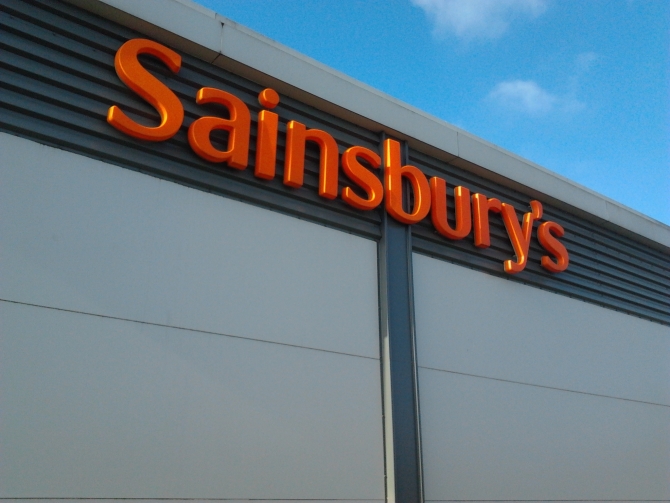Sainsbury’s has become the latest retailer to post a negative report for the past three months, marking the second consecutive quarter of falling sales for the group.

During the 12 weeks to the 7th of June, like for like sales excluding fuel fell by 1.1 per cent in stores open for more than a year when compared to the same period in 2013. This follows a disappointing result for the previous quarter, in which the retailer revealed that sales had fallen for the first time in nine years.
Calling the market “challenging”, chief executive Justin King pledged that Sainsbury’s would continue to invest in lowering prices and improving quality as a means of winning back consumers from discount rivals Aldi and Lidl. Mr King will step down from his position in July, after heading the brand for ten years.
He said; “Lower food price inflation and reduced fuel prices are a welcome respite for consumers’ finances, but they continue to spend cautiously, leading to industry growth in the quarter being the slowest in a decade.
“Throughout the quarter we have continued to invest in reducing prices and improving quality, increasing the value of our offer.”
Yet fortunately, while the report is largely negative at first glance, the impact of new store openings has allowed Sainsbury’s to maintain a relatively stable bottom line. Total sales excluding fuel rose by 1 per cent during the quarter, allowing the retailer to confidently express the view that it will outperform rivals such as Tesco, Asda and Morrisons this year.
This claim has largely been backed up by Sainsbury’s annual results, which were released in May and showed a pre-tax profit increase of 16.3 per cent to £898 million. Both the annual and the quarterly results proved much stronger than those of closest rival Tesco, which recently reported a third consecutive quarter of falling sales, this time by 3.7 per cent on a like for like basis.
Analyst Richard Hunter, head of equities at Hargreaves Lansdown, points out that although like for like sales fell, the results were not as bad as many industry experts feared they would be and this was reflected by the brand’s share price rising by 2 per cent in early morning trading.
He continued to say that the results were “largely as expected and set against sluggish industry growth.
“More positively, Sainsbury’s online and convenience offerings are becoming an increasingly important and recognised part of the business, whilst the company continues to offer differentiation on factors other than price.”
Previous Post
Scottish tourist spending growth outstrips London